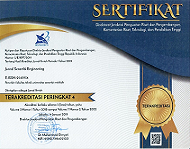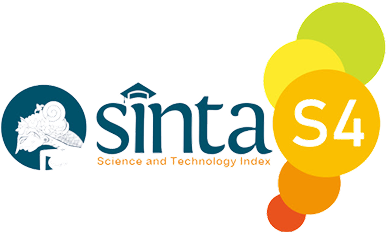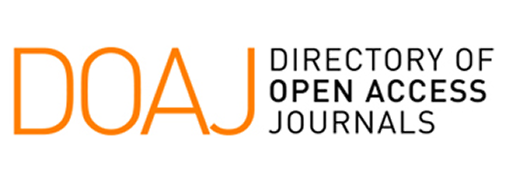Mengoptimalkan Efisiensi Pengangkutan Sampah di Kota Langsa, Indonesia: Pendekatan Dynamic Programming
Keywords:
dynamic programming, langsa, waste transportation, route efficiencyAbstract
As the population grows every year, it creates environmental problems, one of which is waste. Langsa City is one of the cities that is not free from these problems. This is shown by the piles of garbage that are not collected in the streets of Langsa City due to the limited transport fleet that has to be rotated with different drivers and teams every shift. The purpose of this research is to find out the efficient time and distance travelled on the waste transport route in Langsa City using the Dynamic Programming method and to find out how efficient the route is in terms of time and fuel cost. Data was collected through observation and interviews. Observations were made of six fleets on each route. For the waste transport routes in Langsa City, after using the Dynamic Programming method, a reduction in mileage of 0.2-2.9 km with time savings of 2-19 minutes was observed. The fuel savings after Dynamic Programming is 0.903% for one shift for all vehicles. This shows that the use of Dynamic Programming to solve the problem of waste transport routes in Langsa City has proven to be effective.
References
Dzakwan, M. A., Nia, T., Sandi, P., Teknologi, I., & Tama, A. (2020). Perbandingan Pengangkutan Sampah Dengan Truk Kompaktor Dan Truk Arm Roll. 1–7.
Fitri, R. F., Ati, N. U., & Suyeno. (2019). Implementasi Kebijakan Pemerintah Dalam Inovasi Pengelolaan Sampah Terpadu. Jurnal Respon Publik, 13(4), 12–18. Http://Riset.Unisma.Ac.Id/Index.Php/Rpp/Article/View/3577
Kalempouw, K. G. (2021). Implementasi Kebijakan Pemerintah Kota Bitung Dalam Pengelolaan Sampah Dengan Mengoptimalisasi Bank Sampah. Jurnal Politico, 10(4), 1–10.
Riali, M. (2020). Pengelolaan Sampah Kota Berdasarkan Konsep Zero Waste. In Pondasi (Vol. 25, Issue 1, P. 63). Https://Doi.Org/10.30659/Pondasi.V25i1.13037
Rielasari, I. (2018). Pengelolaan Sampah Kota Pekanbaru. Jom Fisip, 5(1), 1–12.
Wang, J., Kang, L., & Liu, Y. (2020). Optimal scheduling for electric bus fleets based on dynamic programming approach by considering battery capacity fade. Renewable and Sustainable Energy Reviews, 130, 109978.
Guo, Z., Wei, W., Chen, L., Wang, Z., Catalão, J. P., & Mei, S. (2020). Optimal energy management of a residential prosumer: A robust data-driven dynamic programming approach. IEEE Systems Journal, 16(1), 1548-1557.
Liu, D., Xue, S., Zhao, B., Luo, B., & Wei, Q. (2020). Adaptive dynamic programming for control: A survey and recent advances. IEEE Transactions on Systems, Man, and Cybernetics: Systems, 51(1), 142-160.
Anugerah, M. F., Syamsuadi, A., Hartati, S., Arisandi, D., Trisnawati, L., & Saputra, R. (2020). Studi Pendahuluan: Konstruksi Kebijakan Pengelolaan Sampah Di Kota Pekanbaru 2012-2014. JDP (Jurnal Dinamika Pemerintahan), 3(2), 115-132
Buako, Z., Yahya, L., & Achmad, N. (2021). Aplikasi algoritma floyd-warshall dengan pendekatan madm dalam menentukan rute terpendek pengangkutan sampah. Euler: Jurnal Ilmiah Matematika, Sains dan Teknologi, 9(2), 62-70.
Asiyah, N. (2019). Kebijakan pemerintah kota langsa terhadap pengelolaan sampah dalam memenuhi prinsip good environmental governance. Jurnal Hukum Samudra Keadilan, 14(2), 316-327
Downloads
Published
Issue
Section
License
Copyright (c) 2024 Muhammad Nizar, Al-Fataya Zikrillah, Arief Rahman, Erdiwansyah (Author)

This work is licensed under a Creative Commons Attribution 4.0 International License.












